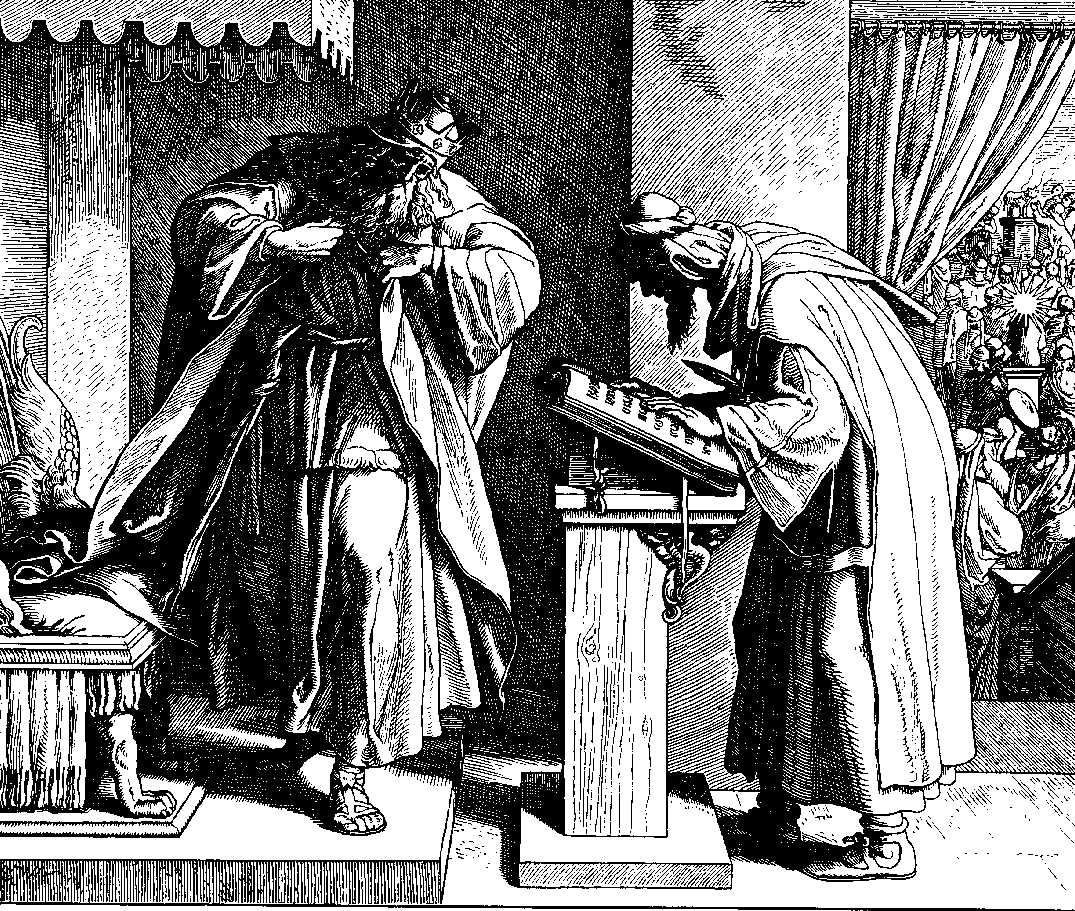LECTURE 6: Who Are the Bible’s Historians?
Who were the Bible’s historians and how did they understand their role? How did the religious and political debates of their day influence how they framed and shaped the history that they were writing, which is largely found in the books of Samuel and Kings? What does knowing about their writing and their methods of interpretation mean for us now as we read their work millennia later?
If you want know more about the “Golden Calves” of Exodus 34, you might read this.
I talked about the different ways that kings were assessed by the Deuteronomistic Historian—either positively or negatively. King Josiah, for example, was evaluated positively, and you can find his story here: 2 Kgs 22:1–23:28. In the end, all the northern kings were judged negatively—for example King Ahab, a northern king, was judged quite harshly (1 Kgs 16:28–22:40). The idea that the moral failings of the northern kingdom led to its defeat by the Assyrians (2 Kgs 17:7–18) suggests these were southern scribes (located in Judah) who were writing. It was their way explaining what happened to the north—they had gone astray and were punished by YHWH.
The Kurkh Stele, thought to attest to King Ahab’s wealth, if we accept the translation as “Ahab of Samaria”
© The Trustees of the British Museum
In the final touches, the final editing, of the Deuteronomistic History, you can see how the scribes are also trying to explain why the southern kingdom of Judah fell to the Babylonians, why what had happened to the northern kingdom of Israel was now happening to the southern kingdom. Some major passages that reflect the final editing of the Deuteronomistic History are the death of Josiah in 2 Kgs 23:29–30, the destruction of Jerusalem justified in 2 Kgs 23:26–27, and the Babylonian exile forewarned in Deut 4:25–27 and 1 Kgs 8:46-51.
King Josiah with the law, Julius Schnorr von Carolsfeld (1794-1872), Wikimedia Commons

